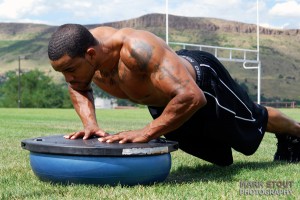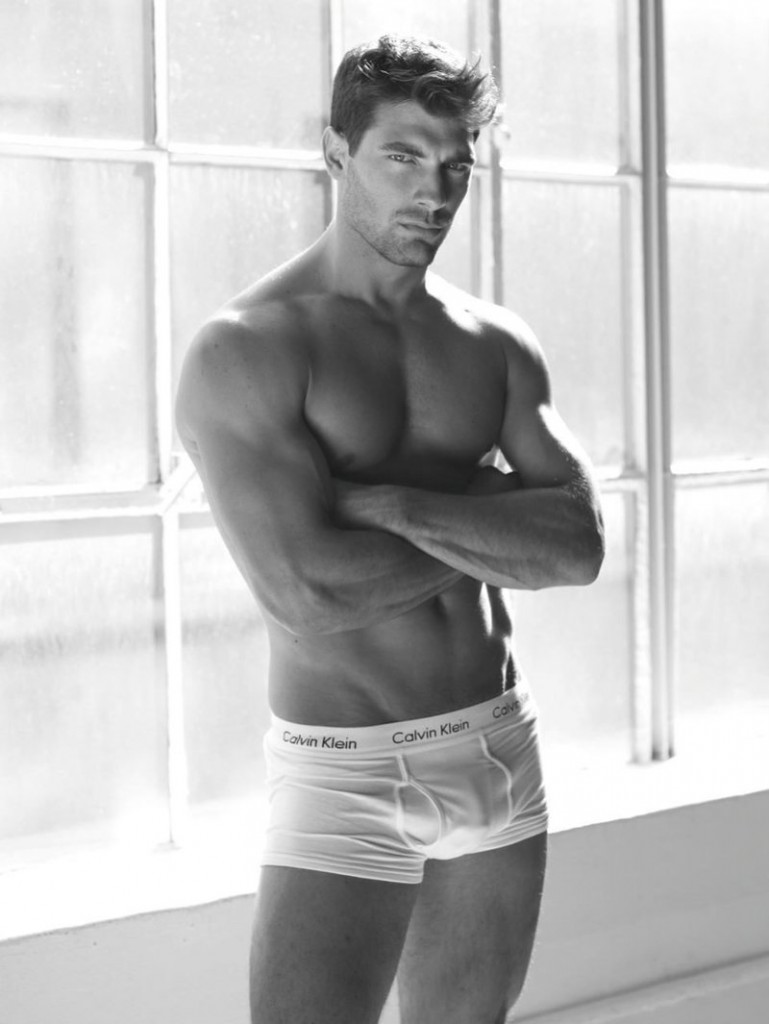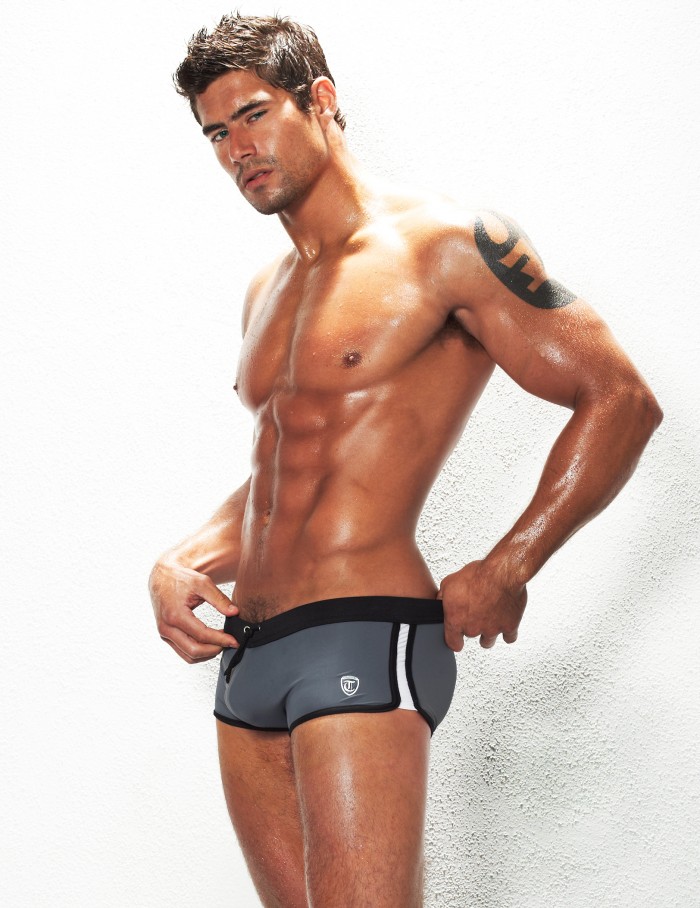 This is the study for which you’ve been waiting. According to researchers, watching adult videos before working out can improve athletic performance. And we’re not just talking about stronger forearms.
This is the study for which you’ve been waiting. According to researchers, watching adult videos before working out can improve athletic performance. And we’re not just talking about stronger forearms.
For the study, researchers showed various types of video clips to male athletes and then studied their testosterone levels and performance. Clips that were erotic, humorous, training-themed or aggressive resulted in increased testosterone in the athlete’s saliva.
In videos with a sad theme, on the other hand, testosterone levels decreased significantly.
The increases or decreases in testosterone levels correlated with performance improvements as measured by squats.
The researchers concluded that the pre-workout environment offers unique opportunities for hormonal change and athlete performance.
In other words, watching some erotic videos before you hit the gym can give your workout a boost. As if you needed any encouragement.












